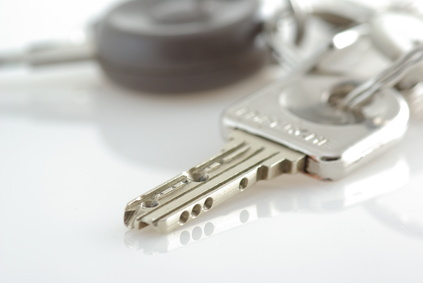For seniors living with sleep apnea , nighttime safety is more than comfort—it’s a critical component of care. In Ontario’s retirement homes and assisted living residences, ensuring uninterrupted breathing and CPAP compliance during the night can help prevent serious complications such as Cardiac events, Oxygen desaturation, Stroke, Cognitive impairment, and Falls due to daytime fatigue Because many older adults are unaware of nighttime breathing disturbances, family members and care providers must ensure the senior residence is properly equipped to handle sleep apnea during the night.
 Key Elements of Nighttime Safety in Senior Residences
Key Elements of Nighttime Safety in Senior ResidencesOntario's top senior residences are implementing multiple strategies to protect residents with sleep apnea, including:
Trained night staff who can respond to CPAP alarms or distress
Power backup systems to ensure CPAP machines function without interruption
Routine wellness checks throughout the night
Coordination with respiratory therapists and sleep clinics
Specialized care plans for residents with dementia or CPAP intolerance
Ask questions regarding retirement homes to our experts
| Safety Feature | Basic Retirement Home | Sleep Apnea-Focused Residence |
|---|---|---|
| Overnight Staff Presence | Yes (limited medical training) | Yes (trained in sleep apnea response) |
| CPAP Monitoring | Resident self-managed | Staff-assisted with nightly checks |
| Backup Power Supply | Not guaranteed | Backup generators or battery packs available |
| Medical Emergency Protocol | Call to on-call nurse or 911 | Immediate response by on-site nurse or respiratory support |
| Support for Cognitive Impairment | Minimal | Custom CPAP plans for memory care residents |
When visiting potential homes in Ontario, ask:
Do you have trained night staff for sleep apnea emergencies?
What happens if a resident’s CPAP machine malfunctions at night?
Do you have power backup for medical devices?
Are there regular overnight checks for high-risk residents?
How do you help residents with cognitive issues use their CPAP machine?
Yes, most have overnight staff, but only select residences offer specific training in sleep apnea and CPAP therapy response.
In well-equipped residences, staff are trained to identify and respond to equipment failure and can switch to backup devices or call for emergency care if necessary.
It’s not legally required, but top-tier Ontario residences provide battery backup systems or are connected to generators to ensure uninterrupted CPAP use.
Yes, with supervision. Staff may need to assist with mask placement, ensure comfort, and monitor for resistance or removal during sleep.
This depends on the care level. In supportive living or memory care units, hourly or risk-based checks are common, especially for residents with known respiratory conditions.
Nighttime safety is a critical factor when selecting a senior residence in Ontario for a loved one with sleep apnea. From power supply to trained staff, the right environment ensures peace of mind and improved health outcomes. Always ask detailed questions and prioritize homes that demonstrate clear sleep apnea protocols.
Don't hesitate to contact us at 343 309 5289. We can help you choose the right establishment for you and assist you in your search.

Find a suitable senior residence